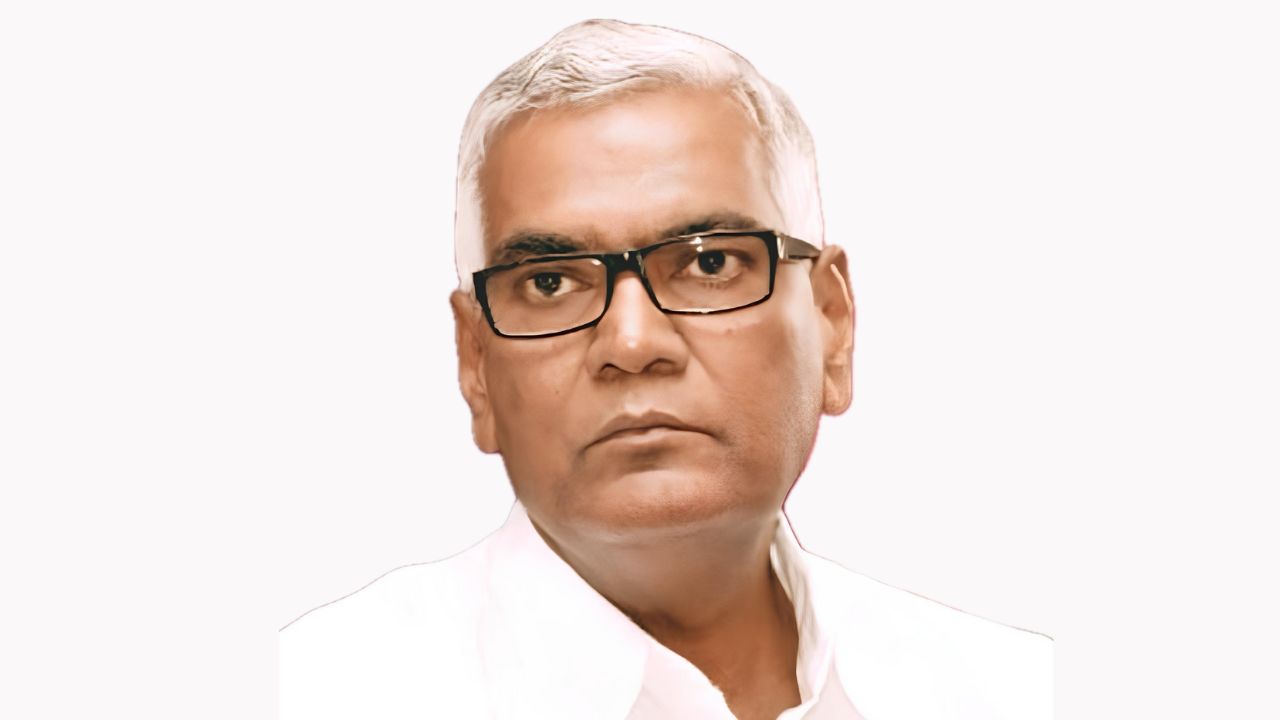The CPI demanded an independent judicial investigation into the killings and said "a democratic society cannot allow the State to become the judge, jury, and executioner."
Published May 21, 2025 | 9:02 PM ⚊ Updated May 21, 2025 | 9:02 PM

The CPI’s statement followed soon after Union Home Minister Amit Shah announced the killing of at least 27 Maoist cadres.
Synopsis: The Communist Party of India has condemned the killing of senior Maoist leader Nambala Keshava Rao and over two dozen others by Indian security forces in Chhattisgarh’s Abujhmad region, calling it a “cold-blooded” and extrajudicial act. CPI General Secretary D Raja accused the State of bypassing constitutional safeguards and demanded an independent judicial inquiry into the operation.
The Communist Party of India (CPI) has strongly criticised the “cold-blooded killing” of senior Maoist leader Nambala Keshava Rao and over two dozen others in Chhattisgarh’s Abujhmad region on 21 May by Indian armed forces.
In a strongly worded statement released on Wednesday, CPI General Secretary D Raja accused the state of bypassing constitutional safeguards and engaging in extrajudicial actions that disproportionately affect Adivasi communities.
“CPI strongly condemns the cold-blooded killing of a senior Maoist leader along with several Adivasis in Chhattisgarh. It is yet another instance of extrajudicial action carried out under the guise of counterinsurgency operations. The repeated use of lethal force instead of lawful arrest raises serious concerns about the State’s commitment to democratic norms and the rule of law,” the statement read.
“If the authorities had credible intelligence about the whereabouts of the leader, why was a legal arrest not pursued? Why was due process – guaranteed by the Constitution – so blatantly ignored?”
CPI strongly condemns the cold-blooded killing of a senior Maoist leader along with several Adivasis in Chhattisgarh. It is yet another instance of extrajudicial action carried out under the guise of counterinsurgency operations.
The repeated use of lethal force instead of… pic.twitter.com/qWr5HzPlIH
— D. Raja (@ComradeDRaja) May 21, 2025
He further said Adivasi communities have often found themselves caught in military operations without access to justice or protection.
“These killings not only point to a dangerous pattern of State violence but also expose the ongoing marginalisation of Adivasi communities in the region. Time and again, these communities are caught in the crossfire of a conflict they did not initiate, and are treated as collateral in operations marked by impunity.”
The CPI demanded an independent judicial investigation into the killings.
“CPI demands an independent judicial inquiry into this episode and the entire Operation Kagar. The people of Chhattisgarh – and India at large – deserve to know the truth. A democratic society cannot allow the State to become the judge, jury, and executioner. Justice must be served, and the dignity and rights of Adivasi lives must be upheld.”
“CPI calls upon all democratic and progressive forces to raise their voices against this injustice and stand in solidarity with the people of Chhattisgarh.”
The CPI’s statement followed soon after Union Home Minister Amit Shah announced the killing of at least 27 Maoist cadres, including senior leader Nambala Keshava Rao, also known as Basavaraj, in an alleged encounter in the Abujhmad forests of Narayanpur district, Chhattisgarh.
Basavaraj, 71, was the General Secretary of the Communist Party of India (Maoist), the banned left-wing insurgent group that has operated across large parts of central India for over four decades.
The encounter reportedly took place between the Maoists’ Company-7 unit and the District Reserve Guard (DRG), a specialised force raised by the Chhattisgarh police. The gun battle occurred in the dense forests near Maad, a known Maoist stronghold straddling the Narayanpur and Bijapur districts.
Union Home Minister Amit Shah called the operation a “landmark achievement,” as part of the Centre’s commitment to eliminating “Naxalism” by 31 March 2026.
Since early April, as part of Operation Kagar, a prolonged and expansive counterinsurgency campaign, the Centre has “neutralised” over 50 Maoists, including a previously reported 31 Maoists, among them 16 women, in the Karreguttalu Hills along the Chhattisgarh-Telangana border.
That operation involved joint action by the Central Reserve Police Force (CRPF), Special Task Force (STF), DRG, and state police units, and was presented as a decisive shift in the National Democratic Alliance (NDA) government’s battle against left-wing extremism.
Yet, activists and political parties like the CPI and the Bharat Rashtra Samithi (BRS) have consistently raised concerns about civilian deaths, lack of transparency, and the targeting of tribal populations.
(Edited by Dese Gowda)
